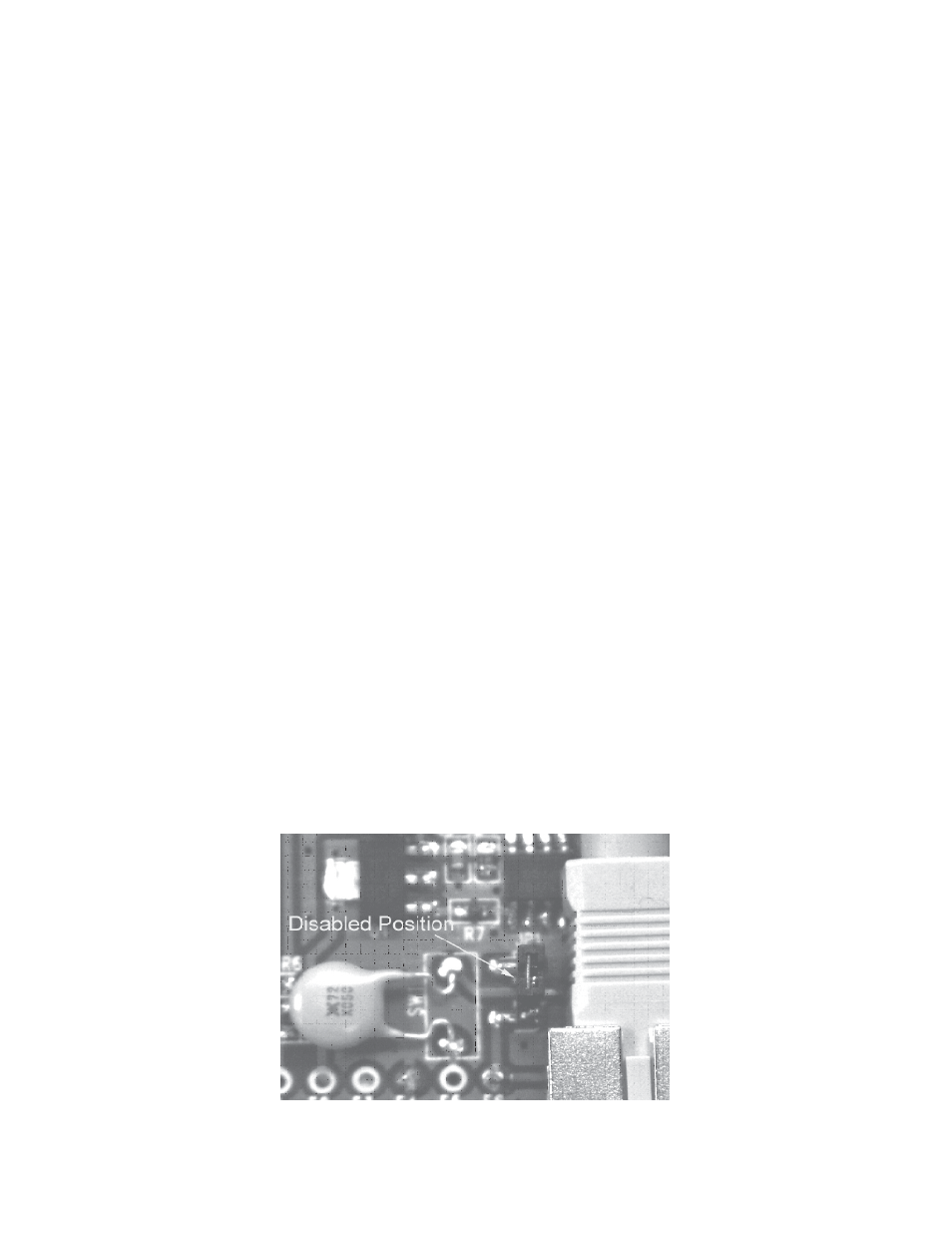Optical performance, Dc powering and alarms, Caution – Olson Technology OTRR-3000 User Manual
Page 6

REV. X4
Page 6
OPTICAL PERFORMANCE
Optical Fiber
Single Mode 9/125μm ( Corning SMF-28 or Equivalent)
Tx/Rx Optical Return Loss
>55dB
Tx/Rx Optical Connector
SC/APC (Standard) FC/APC (Optional)
Rx Wavelength
1270-1610nm
Rx Optical Input Power
-15 to +3dBm
Rx Alarm Standalone
Optical Input Power Low ( Open Collector Output)
Trip level set for optical levels less than -15dBm
Tx Model #
-302
-304
-505
-5XX
Tx Laser Type
Fabry-Perot
DFB
DFB
DFB/CWDM
Tx Output Power
3dBm
5dBm
4dBm
4dBm
Tx Wavelength
1310
1310
1550
XX
Tx/Rx Link Optical Budget
0 to -18dB
0 to -20dB
0 to -19dB
0 to -19dB
XX= 47, 49, 51, 53, 55, 57, 59, 61 for each of the available ITU-grid CWDM wavelengths.
DC POWERING AND ALARMS
The current requirements for the Tx and Rx units are as follows:
Input Voltage 8V
DC
12V
DC
15V
DC
18V
DC
24V
DC
Tx
250mA
170mA
135mA
115mA
85mA
Rx
200mA
150mA
120mA
100mA
70mA
CAUTION!
The standalone packages possess the flying leads which carry DC inputs and alarms. When connecting to these leads,
any unused wires should be wrapped with electrical tape to avoid shorting that could damage the unit.
The Tx standalone unit has built in bias-T for remote powering of the LNB or could be used to power Tx though the RF
connector, this feature can be enabled or disabled (Factory Preset) by moving the internal jumper, see picture below.
The Tx unit is normally fed via the two flying leads, the Red Wire is +8V
DC
to +24 V
DC
and the Black Wire is ground
or -. The flying cable also has a shield wire that can be connected to ground to help shield any external signals.
TX JUMPER JP1
